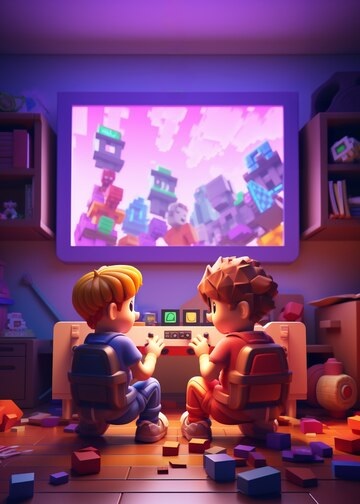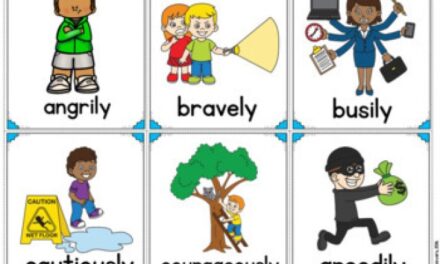Television
by Roald Dahl
The most important thing we’ve learned,
So far as children are concerned,
Is never, NEVER, NEVER let
Them near your television set —
Or better still, just don’t install
The idiotic thing at all.
In almost every house we’ve been,
We’ve watched them gaping at the screen.
They loll and slop and lounge about,
And stare until their eyes pop out.
(Last week in someone’s place we saw
A dozen eyeballs on the floor.)
They sit and stare and stare and sit
Until they’re hypnotized by it,
Until they’re absolutely drunk
With all that shocking ghastly junk.
Oh yes, we know it keeps them still,
They don’t climb out the window sill,
They never fight or kick or punch,
They leave you free to cook the lunch
And wash the dishes in the sink —
But did you ever stop to think,
To wonder just exactly what
This does to your beloved tot?
IT ROTS THE SENSE IN THE HEAD!
IT KILLS IMAGINATION DEAD!
IT CLOGS AND CLUTTERS UP THE MIND!
IT MAKES A CHILD SO DULL AND BLIND
HE CAN NO LONGER UNDERSTAND
A FANTASY, A FAIRYLAND!
About the Poet
Roald Dahl (1916-1990) was one of the world’s most beloved children’s authors and poets. Born in Wales to Norwegian parents, he became famous for his wickedly funny and imaginative stories like “Charlie and the Chocolate Factory,” “Matilda,” “The BFG,” and “James and the Giant Peach.” What made Dahl special was his ability to write from a child’s perspective while adding just the right amount of humor, magic, and sometimes even darkness to his stories. He often wrote about children outsmarting adults and standing up against unfairness. Besides his famous stories, Dahl wrote several collections of poetry including “Revolting Rhymes” and “Dirty Beasts,” where he mixed humor with clever social commentary.
About the Poem
“Television” appears in Dahl’s poetry collection “Charlie and the Chocolate Factory” (1964) and reflects his concern about children spending too much time watching TV instead of reading and using their imagination. Written with Dahl’s characteristic wit and humor, the poem presents a powerful argument against excessive television viewing, but does so in a way that makes children laugh while thinking. Through exaggerated descriptions and playful rhymes, Dahl creates a memorable poem that encourages young readers to think about how they spend their time. The poem’s message about the importance of reading and imagination remains remarkably relevant today, especially in our screen-filled world.

















